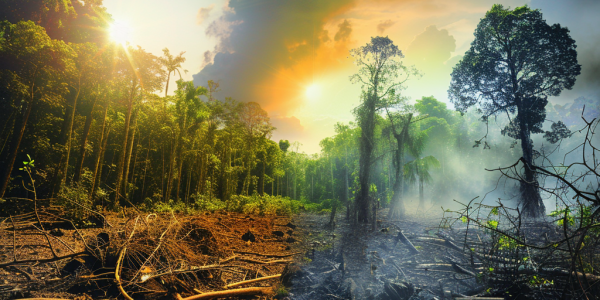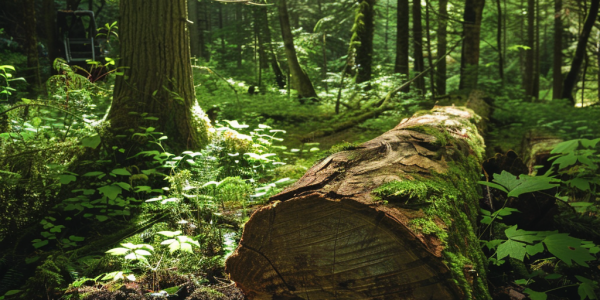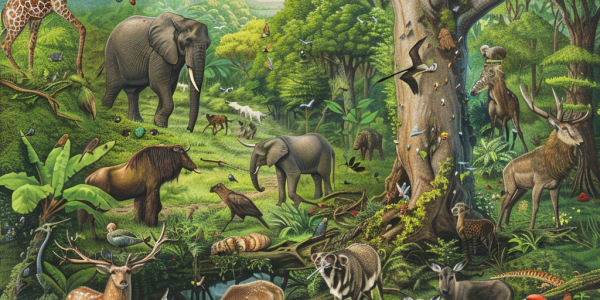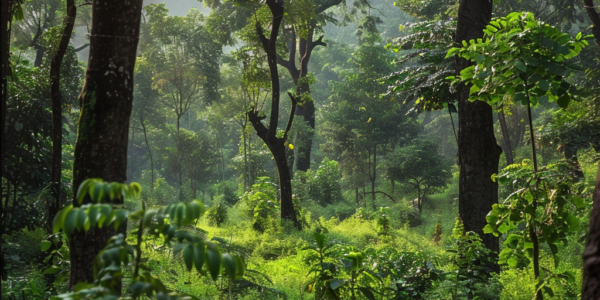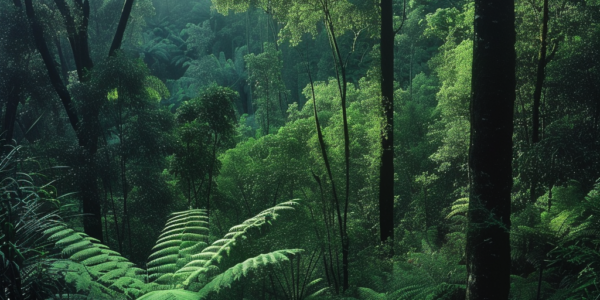Alarming Decline in Natural Carbon Sinks Poses Threat to Climate Efforts
Recent studies reveal that natural ecosystems, crucial for absorbing carbon dioxide, have nearly stopped this process, raising concerns about climate change. The decline in carbon sinks, exacerbated by rising temperatures and extreme weather, threatens to accelerate global warming. With 2023 marking the highest CO2 emissions ever, the need for urgent climate action is critical to preserve and restore these vital ecosystems.
Ancient Log Discovery Offers New Hope for Climate Change Mitigation
A groundbreaking study reveals that a 3,375-year-old Eastern red cedar log has the potential to transform climate change strategies by showcasing the effectiveness of wood vaulting, a method that preserves carbon storage even after trees die. This discovery highlights the importance of innovative solutions in carbon sequestration and the need for reevaluating tree planting initiatives in the fight against climate change.
Revolutionary Carbon Capture Technology Freezes CO2 in Ocean Faster and Safer
A breakthrough study from The University of Texas at Austin introduces a revolutionary carbon capture technology that freezes carbon in the ocean faster and safer than ever before. This chemical-free method accelerates the conversion of CO2 into hydrates for ocean storage, providing a more efficient and eco-friendly alternative to traditional injection. Lead researcher Vaibhav Bahadur highlights the importance of this innovative solution in combating climate change by rapidly sequestering carbon dioxide in the ocean, preventing its release back into the atmosphere. Published in ACS Sustainable Chemistry & Engineering, this research signifies a significant advancement in carbon capture technology with the potential to address the challenges of global warming and enhance climate resilience.
Animals Play Crucial Role in Carbon Storage, Study Suggests
A new study suggests that animals play a crucial role in carbon storage, potentially enabling ecosystems to store two to three times more carbon. Matteo Rizzuto from Yale University highlights how animals contribute through activities like trampling, grazing, and bodily functions. This new perspective challenges previous assumptions about carbon dynamics, emphasizing the importance of preserving the relationships between species for conservation and climate change mitigation.
Indian Forests Facing Silent Crisis Due to Climate Change
Indian forests are losing their ability to absorb CO2 due to climate change, posing a threat to India’s climate goals. Research shows an increase in green cover but a decrease in CO2 absorption, emphasizing the urgent need to address the impact of climate change on forests.
Study Shows Global Warming’s Impact on Forest Carbon Uptake
Forests are considered the most effective and abundantly available carbon sinks, capable of storing and sequestering millions of tonnes of carbon dioxide from the atmosphere. A new study from India joins emerging research that challenges this notion, showing that carbon…

